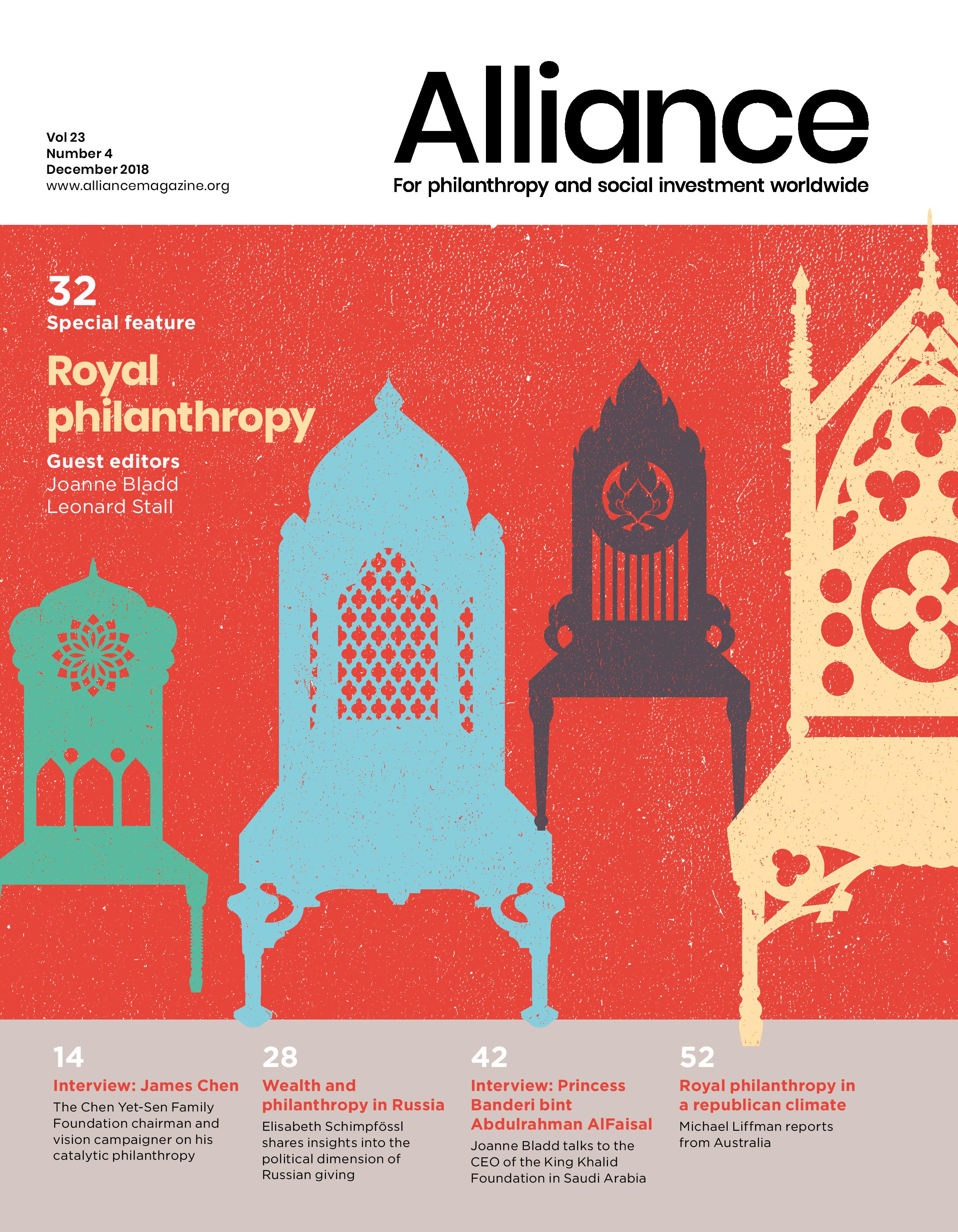 Reviewed by Eva Rehse, Global Greengrants Fund, Europe
Reviewed by Eva Rehse, Global Greengrants Fund, Europe
‘The master’s tools,’ Audre Lorde famously wrote, ‘will never dismantle the master’s house.’ Anand Giridharadas’ new book is a reflection on what this means for the change-makers of today.
This compelling book presents an analysis of why elites engage in social change and how they shape what that change is supposed to be. In a series of portraits of key figures of the liberal global elites – from Bill Clinton to Darren Walker – Giridharadas takes stock of current efforts to ‘change the world’ while leaving much of the status quo untouched.
Giridharadas sketches out a world in which those who are already benefiting the most are put in charge of fixing those societal ills which they may just have caused. In this dire picture, philanthropy is only successful when it produces a win-win result – doing well while doing good; flash-trading commodities with one hand while donating to anti-poverty causes with the other. According to the author, philanthropy props up the prevailing systems that have caused the underlying inequalities and injustices, rather than addressing and eradicating them.
Central to this is the use of private sector approaches and tools as panacea for everything – Giridharadas’ ‘MarketWorld’, a place of green bonds and impact investments, where an ascendant power elite works to change the world while at the same time profiting from the status quo and its power distribution. This approach entirely neglects the fact that not everyone is winning in society, especially not those who are born into systemic injustices and inequalities. For the representatives of the elites featured in this book – like the thought leaders on the TED Talk circuit, tech company CEOs, attendees at networking forums like Aspen Institute and Clinton Global Initiative, the McKinseys and the philanthrocapitalists of this world who practise humanitarianism that is built on entrepreneurship – an after-the-fact benevolence justifies anything-goes capitalism. Giridharadas shows how this has resulted in the backlash to globalist, free market thinking over the past few years.
Depressingly, the book also shows how philanthropy is silencing questions about the system which has created this wealth through an act of self-censorship, where those who know better continue to frame complex problems and solutions in MarketWorld speech, which allows the philanthropic system to continue to operate without confronting its own contradictions.
The book takes stock of where we are, rather than suggesting where we need to go, and in that, ultimately falls short of expectations. The author occasionally tends to get sidetracked in describing the horrors of MarketWorld, but generally paints an accurate picture and makes the case for why philanthropy needs to change and become less a tool to prop up the status quo, and more a genuine mechanism for systemic changes to eradicate inequalities.
While for Giridharadas, the carefully alluded to solutions lie ultimately in a call for more participatory democracy and public policy, the how-to aspect is lacking in this book. It therefore can only be the beginning of the conversation. What we need now is a sequel which portrays those who are already actively working to dismantle the master’s house within philanthropy, and in doing so, are changing how we seek change.
About the book
Published by: Knopf Doubleday
Price: $21.56 (Hardcover)
ISBN: 9780451493248
To order: http://www.barnesandnoble.com






Comments (0)
This topic appeals to me as well. I'm hoping to get a response to the query shortly.